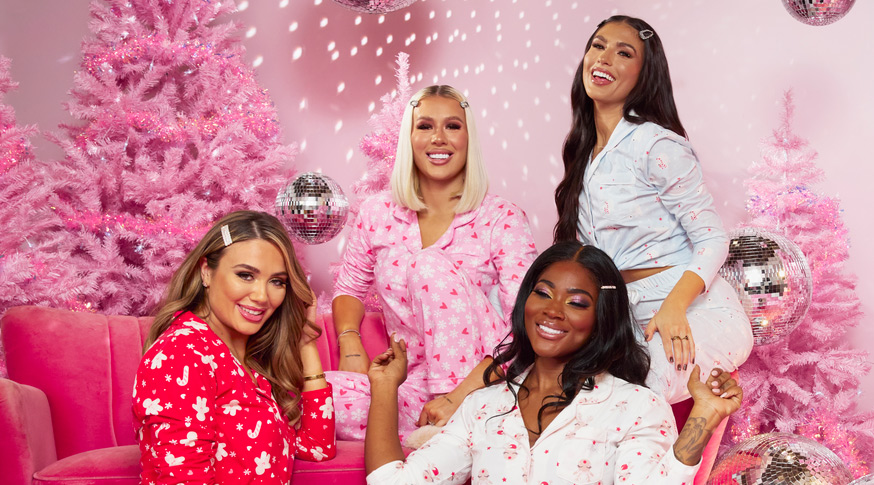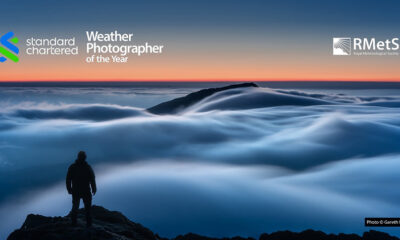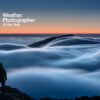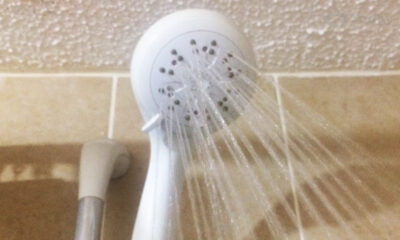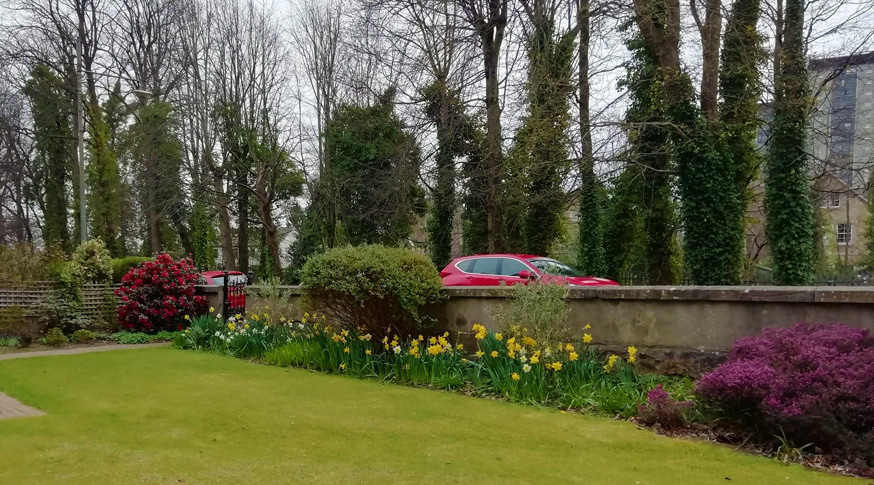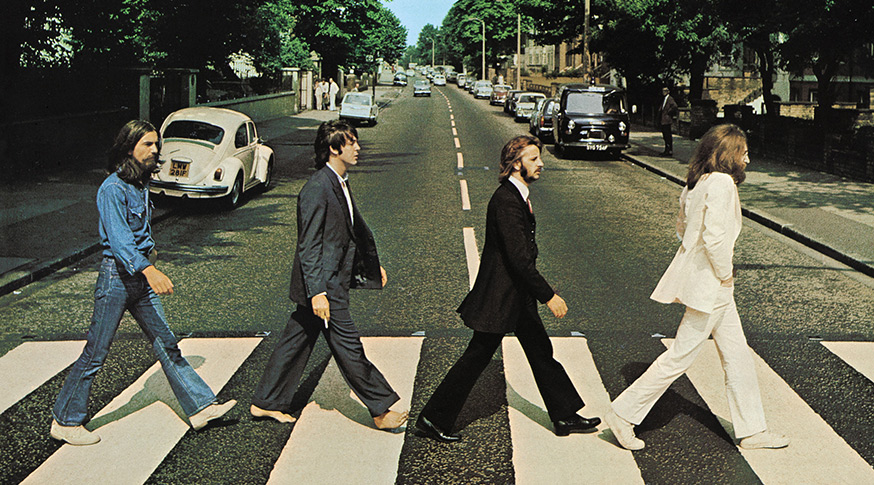Findings reveal most feature white, slim and long-haired models.
A study of more than 1,400 images across stock image sites, media outlets, and search engines found 73 per cent of pictures accompanied by words relating to ‘beauty’ featured a white woman. In 88 per cent of those, the woman was depicted as slim, while 65 per cent showed them having long hair, and 73 per cent were of women wearing make-up.
By comparison, body shape and racial diversity were disproportionately represented, with only a quarter (25 per cent) of images featuring a woman of ethnic diversity, and just two per cent were of a plus-sized woman. And only one in 20 images showed women with visible wrinkles, while just one per cent had age marks, scars or acne.
The study, by dating app Plenty of Fish and social psychologist Dr Sandra Wheatley, looked at 1,455 images from 67 of the largest-reaching online media and content outlets in the UK – including search engines and stock image websites. The images were analysed when searching for the terms ‘beautiful’, ‘pretty’ and ‘attractive’.
A review was then conducted of the top 10 results on each media website, and the first 50 images shown on search engines and stock image sites, against a series of aesthetic criteria. It comes after a poll of 2,000 adults, commissioned by the dating app, found that despite a spotlight on diversity and representation over recent years, more than a third (35 per cent) still don’t see themselves reflected in cultural content, media and advertising.
Three-quarters believe such content exacerbates ‘pretty privilege’ – which affords certain advantages to those deemed stereotypically attractive – since it showcases a narrow and old-fashioned idea of beauty. And 70 per cent feel media and brands must do more to show greater diversity in their promotional materials, to dispel such biases.
Dr Sandra Wheatley:
“It’s no secret that pretty privilege exists in society, ingrained in the interactions we have with ourselves and others daily. However, what is most concerning is the underlying acceptance of it as normal, when more needs to be done to challenge and overcome it.
“The ‘Pretty Clever Plan’ I’ve developed with Plenty of Fish will take steps towards addressing the issue, by offering tangible advice for people to start implementing a universal celebration and empowerment of all, regardless of appearance.”
The study also found 21 per cent of adults have felt judged by others for dating someone who doesn’t conform to stereotypical notions of beauty, with 27 per cent admitting this has impacted their decision to date them. And 65 per cent have missed out on opportunities due to not fitting the ‘pretty’ mould.
More than two-thirds (69 per cent) also feel that the more a person aligns with society’s standards of beauty, the more likely they are to have an advantage in life. Securing more dates (48 per cent), having more friends (45 per cent), and receiving more matches on dating apps (42 per cent) were the most common scenarios where good looks pay.
Kate MacLean, the resident dating expert at Plenty of Fish:
“We’ve been taking a stand against beauty biases and pressure to look a certain way since we banned heavily filtered photos from our app in 2019. While things have improved over time, the research reveals there is more to be done, so we’ve created our ‘Pretty Clever Plan’ as another step towards tackling the issue. We want to inspire our members to embrace their true, authentic selves, and these guidelines should help them do just that.”
Pictured Top: Boux Avenue models come in all shapes, sizes and hairstyles. There’s no bias there.
